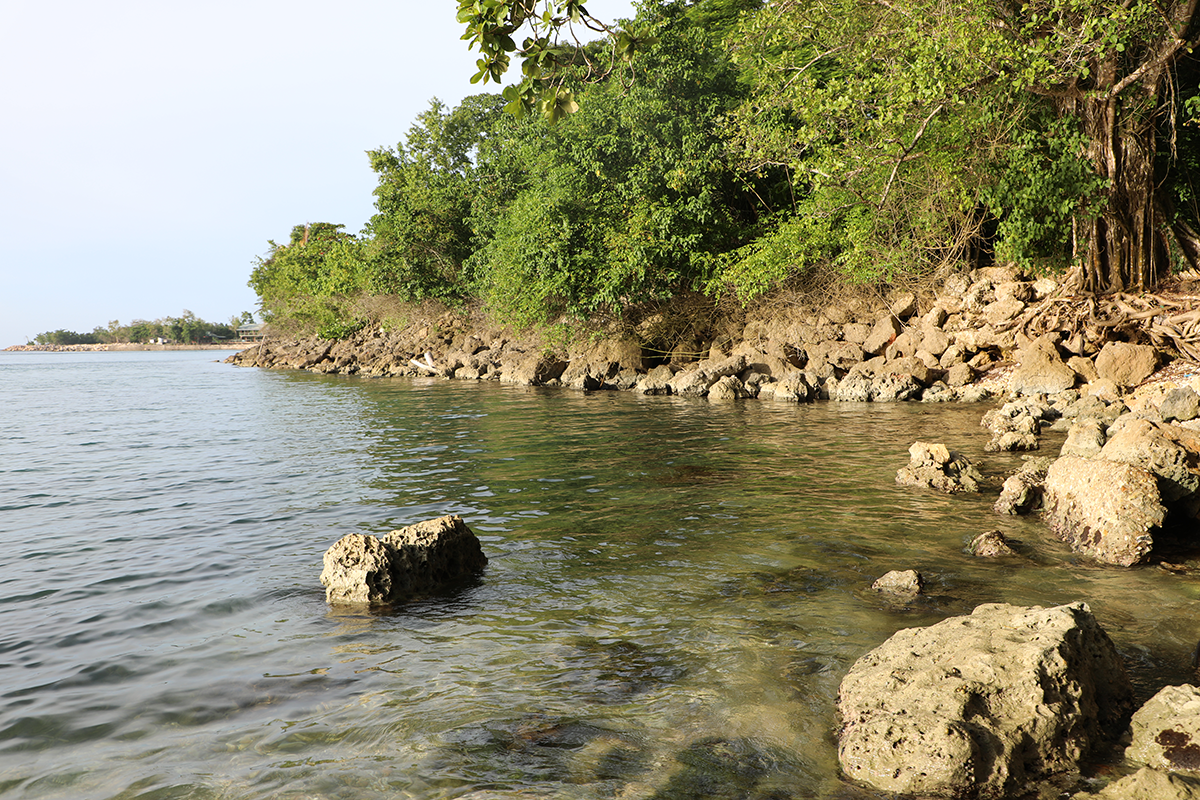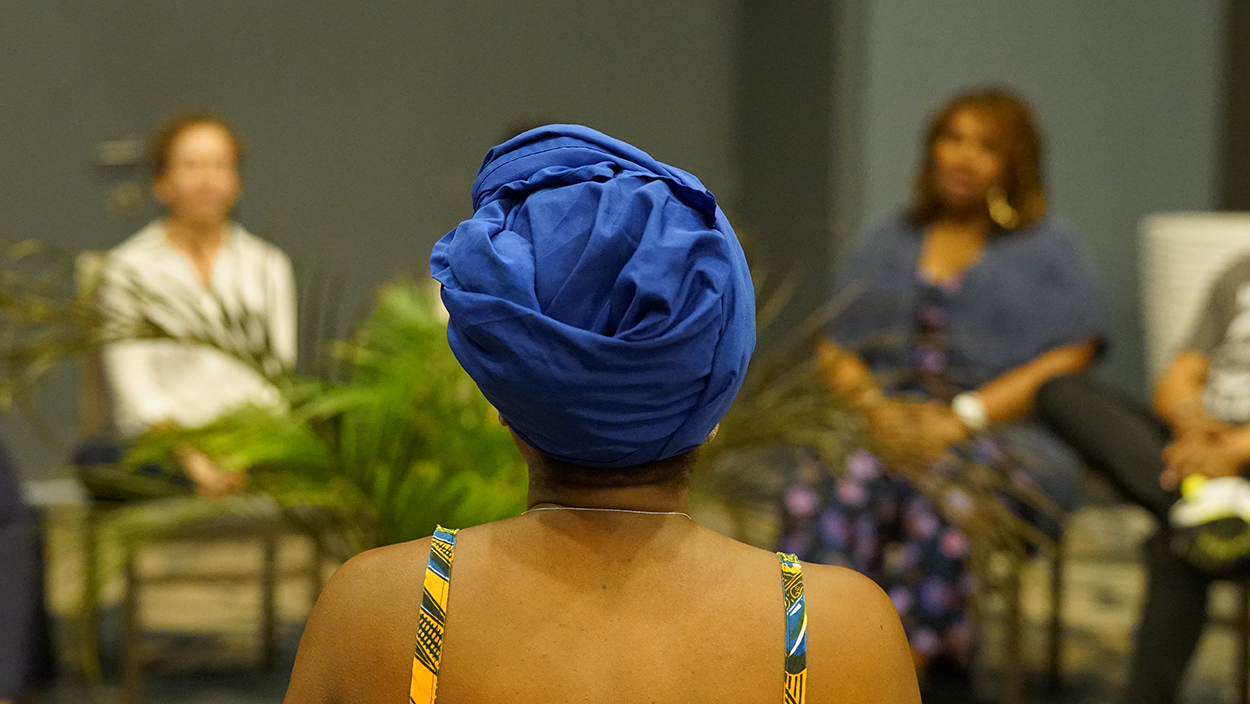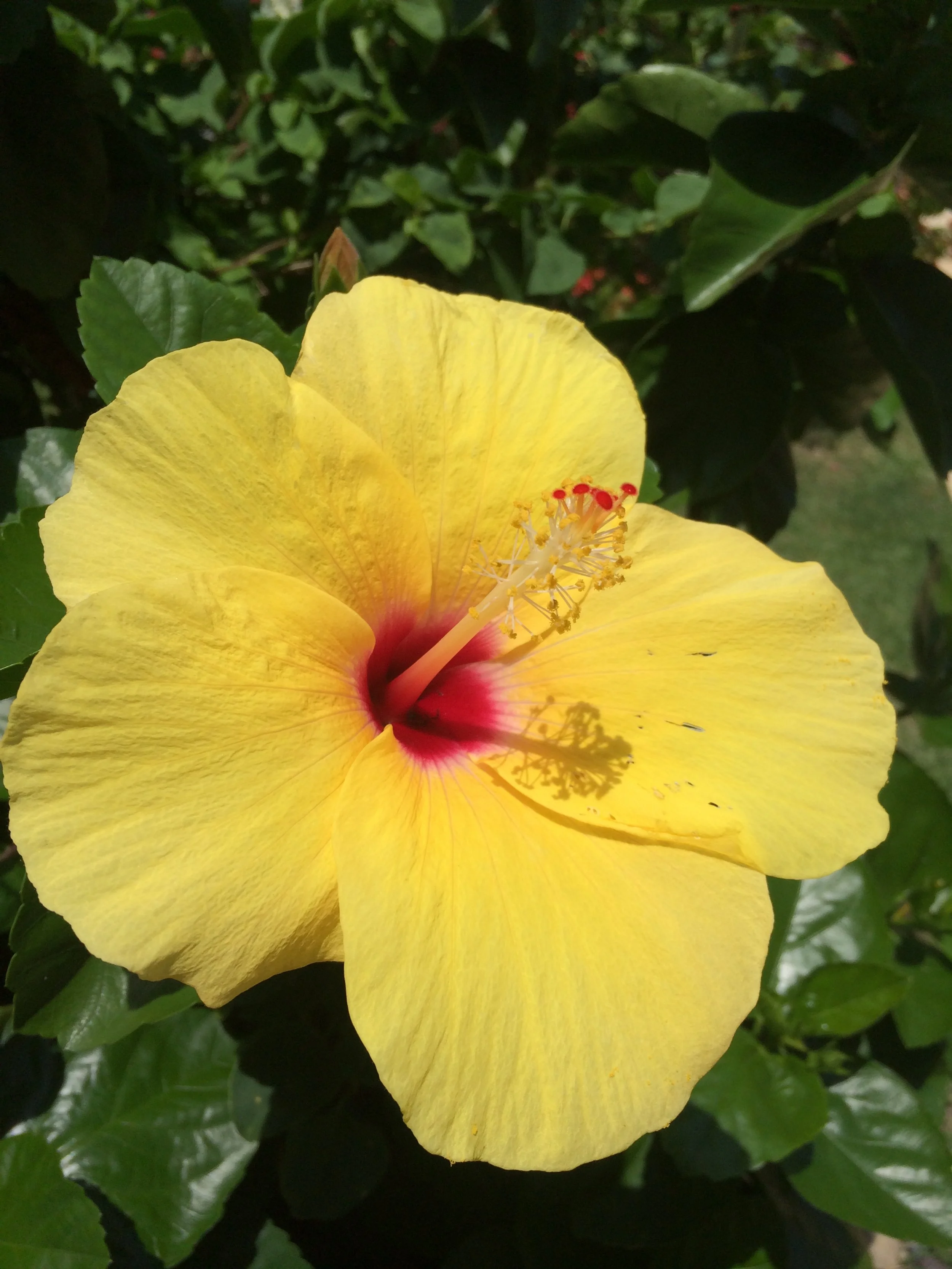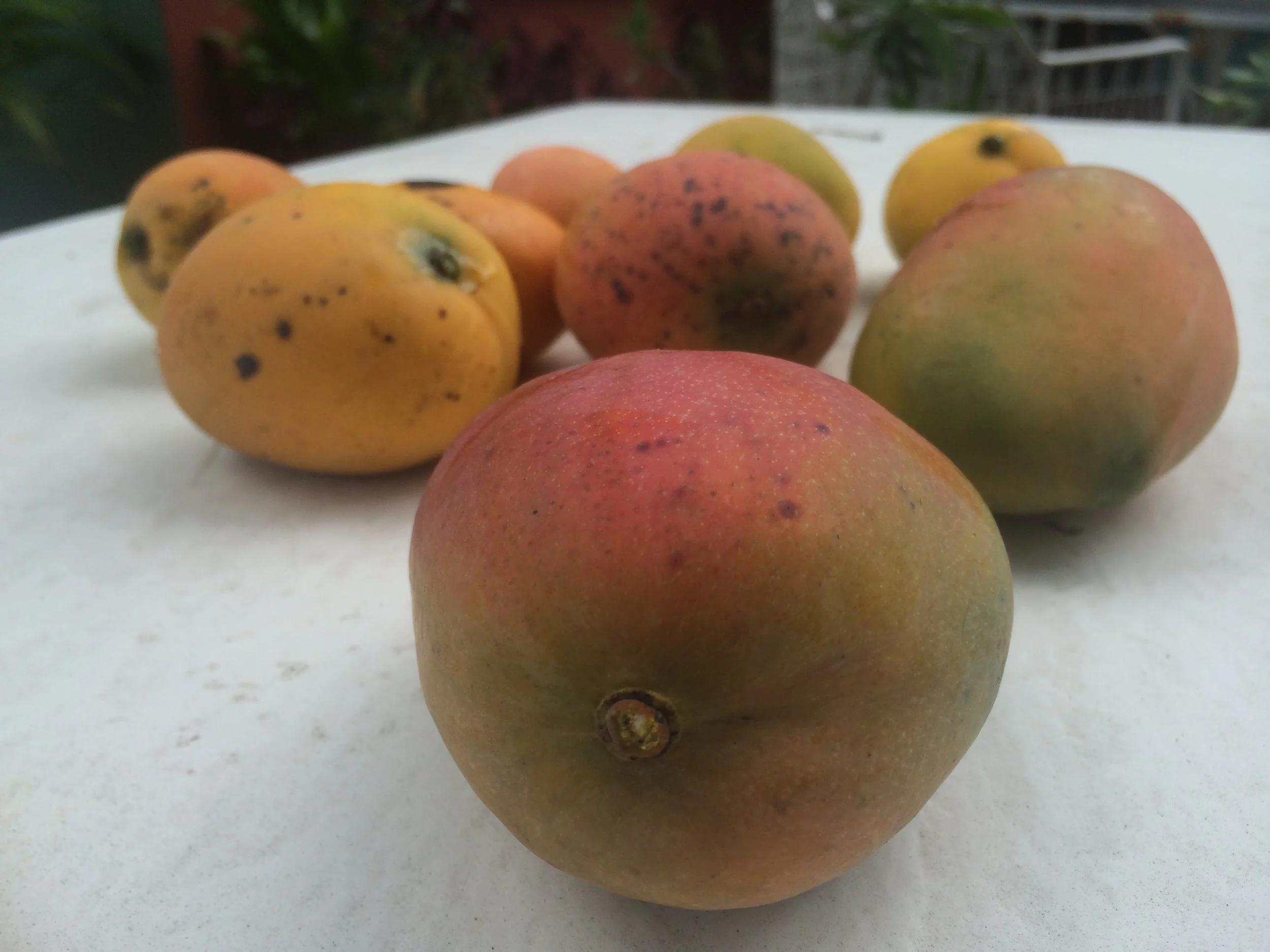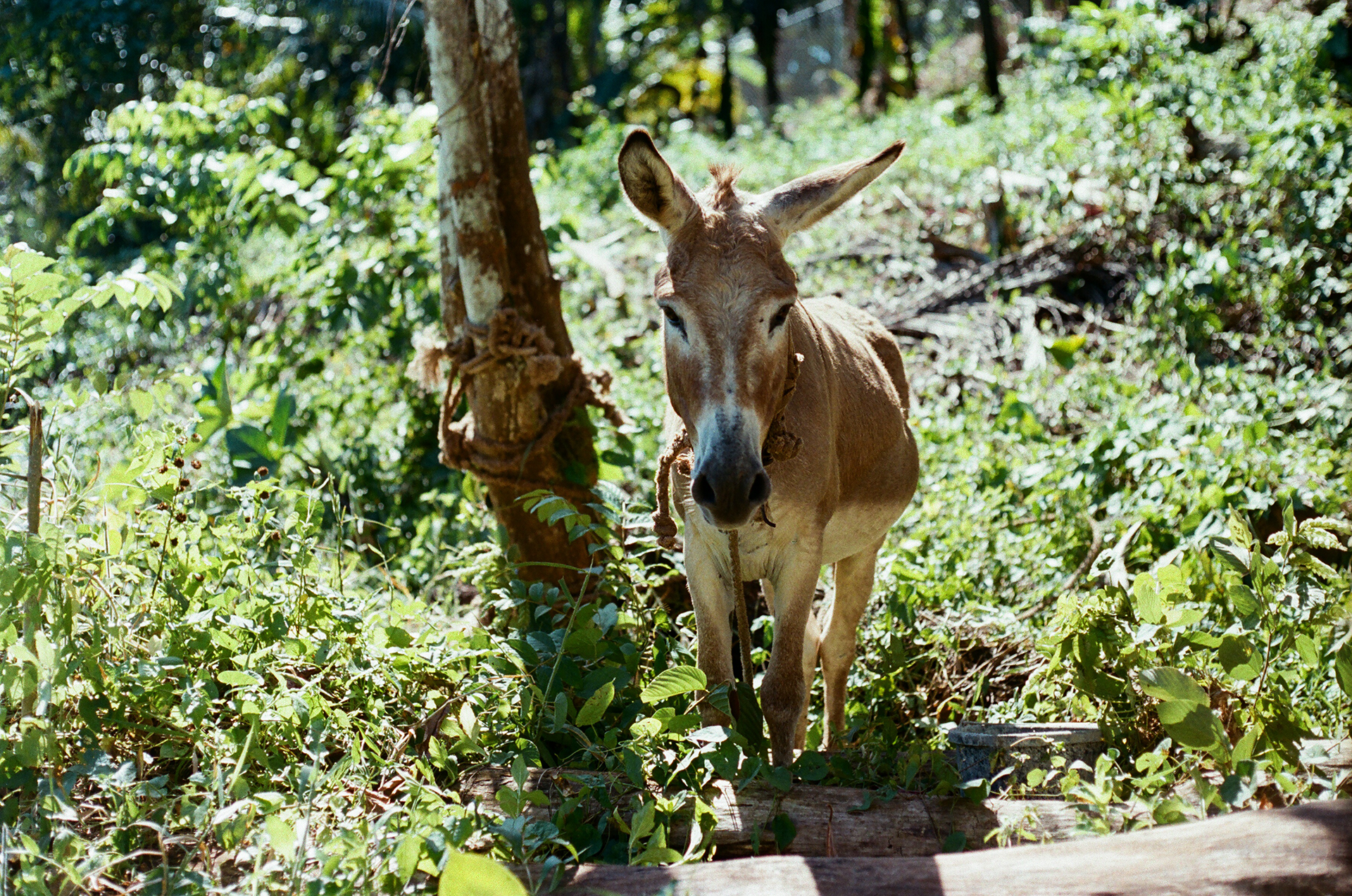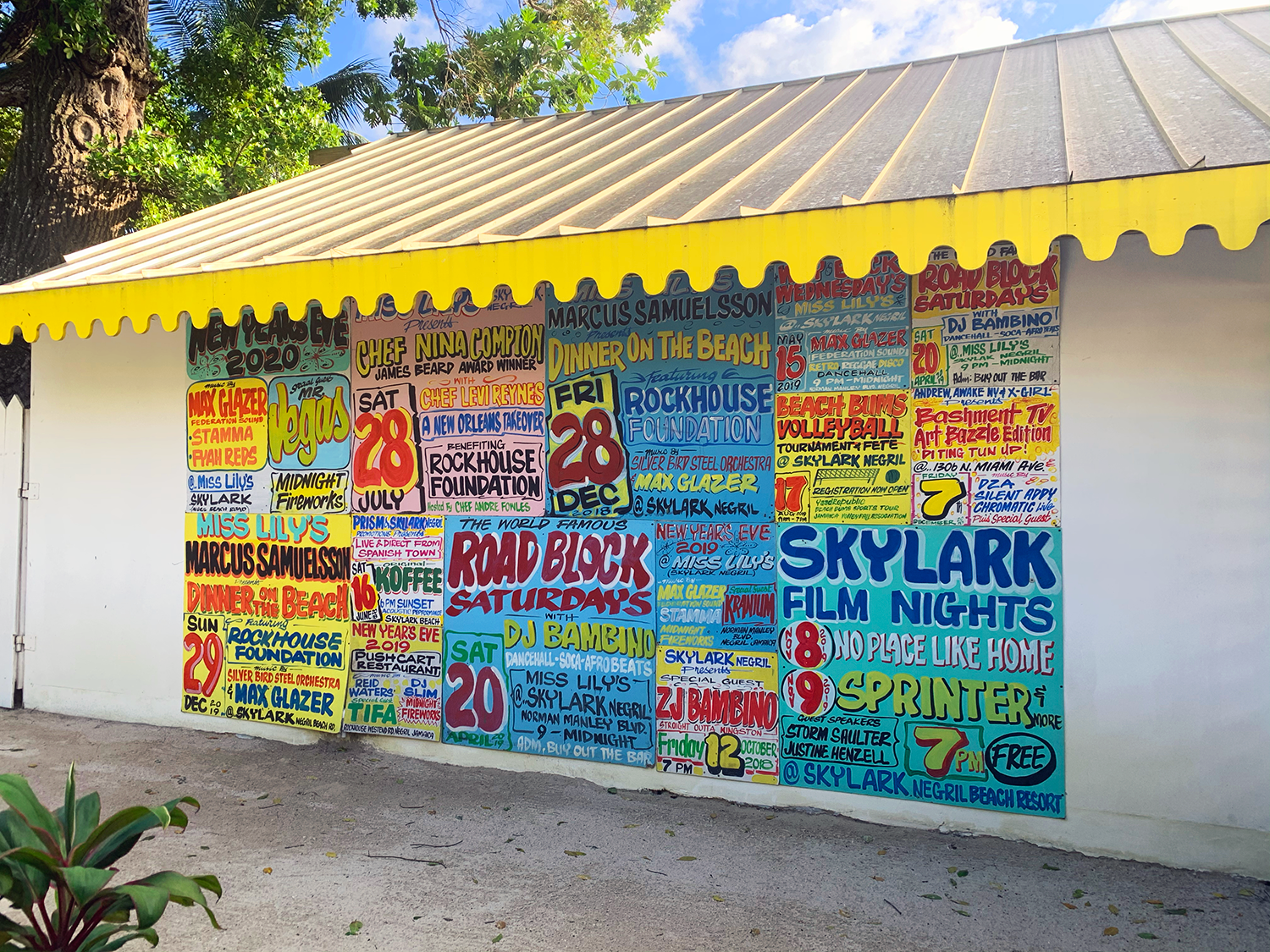Nuttin’ cyan keep wi dung
✦
Wi likkle but wi tallawah
✦
From Katrina to Melissa, wi deh yah!
✦
Fi di yute dem
✦
Get up & stand up for Jamaica
✦
Big up yuhself, Jamaica
✦
Nuttin’ cyan keep wi dung ✦ Wi likkle but wi tallawah ✦ From Katrina to Melissa, wi deh yah! ✦ Fi di yute dem ✦ Get up & stand up for Jamaica ✦ Big up yuhself, Jamaica ✦
From Hurricane Katrina to Hurricane Melissa, we at the Institute of Women & Ethnic Studies (IWES) understand all too well what it takes — mentally, physically, and emotionally — to recover from disasters. One of the crucial lessons we learned is that it’s vital that we prioritize a human recovery that centers the mental health needs of youth and families. For that reason, we have created RISE UP, JAMAICA, a fund to support Jamaican mental health initiatives to provide trauma-informed (TI) programming to youth in and outside of school settings and help schools create compassionate classrooms. Headquartered in New Orleans and co-founded by a Jamaican psychiatrist and public health practitioner, this one is very personal for us, and we recognize that now more than ever, it’s time for the diaspora and beyond to RISE UP for Jamaica!
Check out this video featuring Denese & Iman Shervington, sharing why it’s crucial that we rise up now!
WHY IWES?
In 2005, we created a post-disaster recovery division to address the mental health needs of the city of New Orleans utilizing population and community-level approaches. In these past 20 years, IWES has been one of the leading entities focusing on the mental health needs of New Orleans youth and adults. From 2018-2019 our Founder, Dr. Denese Shervington, co-chaired a taskforce on childhood trauma created by the New Orleans City Council, after our youth emotional wellness data was featured in a major expose on youth mental health the previous year. In 2019 Dr. Shervington also gave expert testimony to the United States Congress during the first Congressional committee meeting ever held to address trauma as a public health crisis. Then beginning in 2022, we were called upon by the W.K. Kellogg Foundation to work with grantees in New Mexico to share lessons learned and support the healing and psychosocial well-being of migrant individuals — or guests — crossing the U.S. Southern border as well as providers serving migrant populations. Throughout these experiences — and many more — we have taken notes, refined and adapted our work, and grown our knowledge base around disaster recovery exponentially.
To our brethren in Jamaica and throughout the diaspora, we offer knowledge and resources to support the recovery because, guess what, Jamaica cyan dun!!
In these past 20 years, we have responded to the mental health needs in New Orleans by providing a variety of trauma-informed services, activities, and programming that adapt to the needs of the changing population. Listed below are just some of the ways IWES has shown up.
Advocacy
Identification of key barriers to resilience and protective factors and promotion of policy (within institutions, locally/parish-wide, federally, etc.) to address mental health needs
Commemoration
Reflection and remembrance either annually or at strategic dates
Community events
In person, free events for folks to gather and release stress such as “Red Tents”; attendance at community events hosted by partners & collaborators to show solidarity and support
Community listening
Charrettes, focus groups, interviews, etc. to better understand community needs (including youth) and priorities; recalibration upon hearing community needs
Cultural exchange
Learnings from other cultures that have experienced major disasters, i.e. Tohoku, Japan
Data collection & dissemination
Mental health programming evaluation; mental health data collection (specifically with youth), such as IWES’ youth Emotional Wellness Survey; community-based participatory research; reports, infographics, and other materials that broadly disseminate findings; taskforces & committees assessing local mental health supports; school-based universal mental health screening
Direct mental health support
In-person and virtual support groups; community-based mental health programs; school-based mental health support; support for essential workers, leaders, and frontline workers
Local Culture
Infusion of the arts, indigenous practices, and local cultural traditions into healing methodologies
Partnerships & Collaboration
New partnerships formed across varying fields/systems that will need to work together to support the needs of the most vulnerable residents (i.e. healthcare, housing, justice, food security; employment; education, etc.); new partnerships with mental health providers, including government entities, non-profits, and the private sector
Promotion of emotional resilience
Virtual and in-person campaigns, infographics, reports, toolkits/frameworks, expert opinions, and other materials sharing mental health and resilience information and resources; webinars and meetings focusing on emotional resilience; conversations around solastagia
Training
Knowledge-sharing with mental health professionals, educators, clinical workers, social service providers, teens, etc. on providing trauma-informed programming and mental health first aid
For even more information about IWES’ work in disaster recovery, youth mental health, creating compassionate classrooms, and resilience, check out the Papers & Publications section at the end of the page.
Wi likkle, but wi tallawah!
We know this work takes time, and Jamaica, we’re in it for the long haul, as this is not our first time investing in the health and well-being of the island. Although we are headquartered in the United States, in our 30+ years we have brought many co-workers, program participants, and collaborators to Jamaica for workshops, retreats, trainings, and opportunities to advance our learning. One of our youth health curricula is actually being administered throughout schools in Jamaica at this very moment through a partnership with the University of the West Indies Mona campus! Know that this work has roots and a foundation, and with your financial assistance it will be able to further sprout, expand, and grow. As a donor, your contributions will go to the sustainability of this work so that we can support the Jamaican mental health landscape to further cement trauma-informed practices and disaster recovery learnings into its foundation. Thank you in advance for your donations and for helping Jamaica rise up again!
About the Institute of Ethnic Studies (IWES)
-
Founded in the United States in 1993 by a Jamaican psychiatrist and public health practitioner, the Institute of Women & Ethnic Studies (IWES) is a community-based public health non-profit organization headquartered in New Orleans, Louisiana, USA, that engages in programming, research, and services throughout the United States and in select countries around the world. IWES works with communities, schools, individuals, policymakers, artists, and organizations to address health gaps and inadequate systems through community-driven, tailored health and wellness services. We combine advocacy, education, program delivery, training, media production, and research to improve wellness in communities. Ultimately, when our society puts health and community-driven solutions first, we as a people live happier, more resilient lives and our communities are stronger!
-
Bounce Back (2024)
Called to Care: Promoting Compassionate Healing for our Children (2019)
Emotional Wellness Report (2015)
Resilience and Resistance: Addressing Acute and Chronic Adversity in Communities of Color (2015)
The Effects of Racism on the Health and Well-being of Youth in New Orleans (2017)
The Impact of Vacant and Abandoned Property on Health and Well-Being: A Qualitative Inquiry (2024)
Voices from the Classroom: A Survey on Educator Stress, Support, and Systemic Change (2025)


